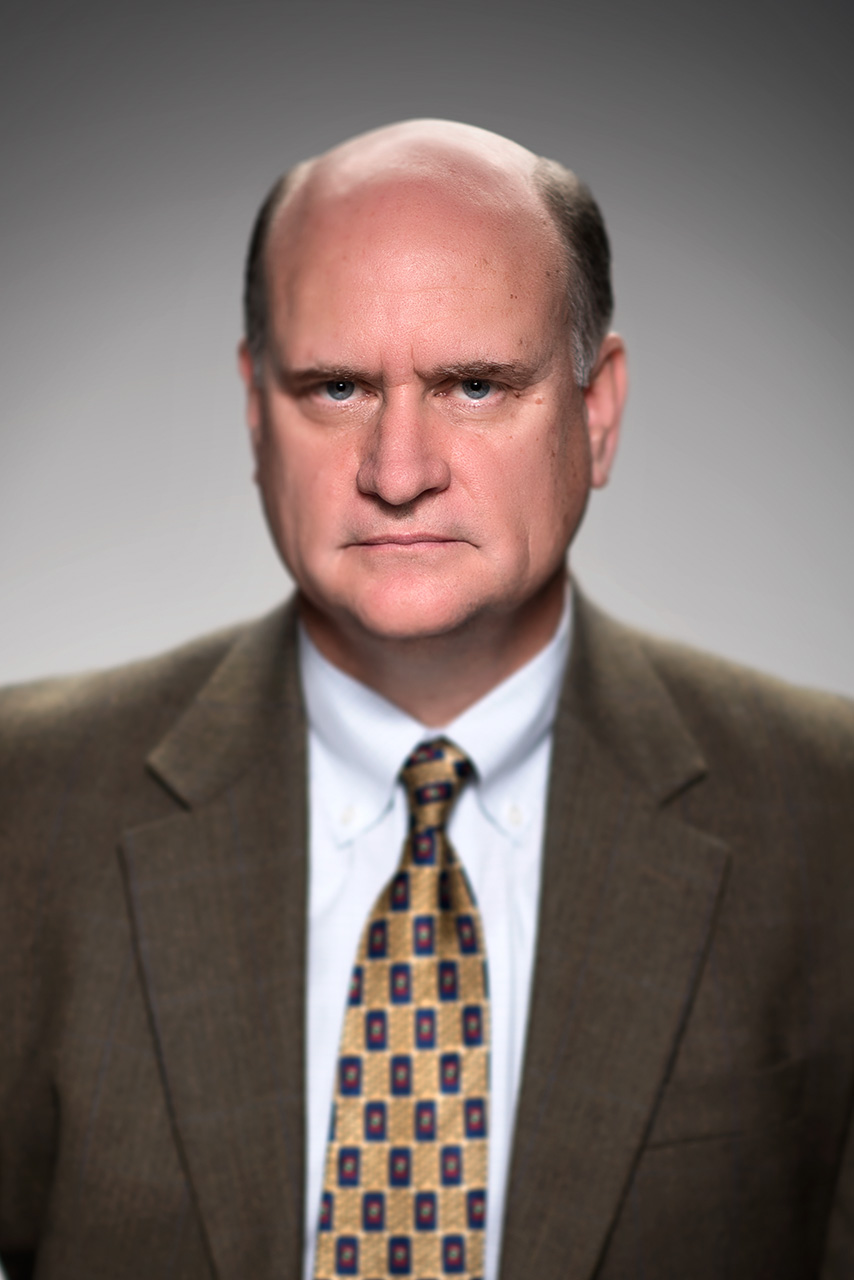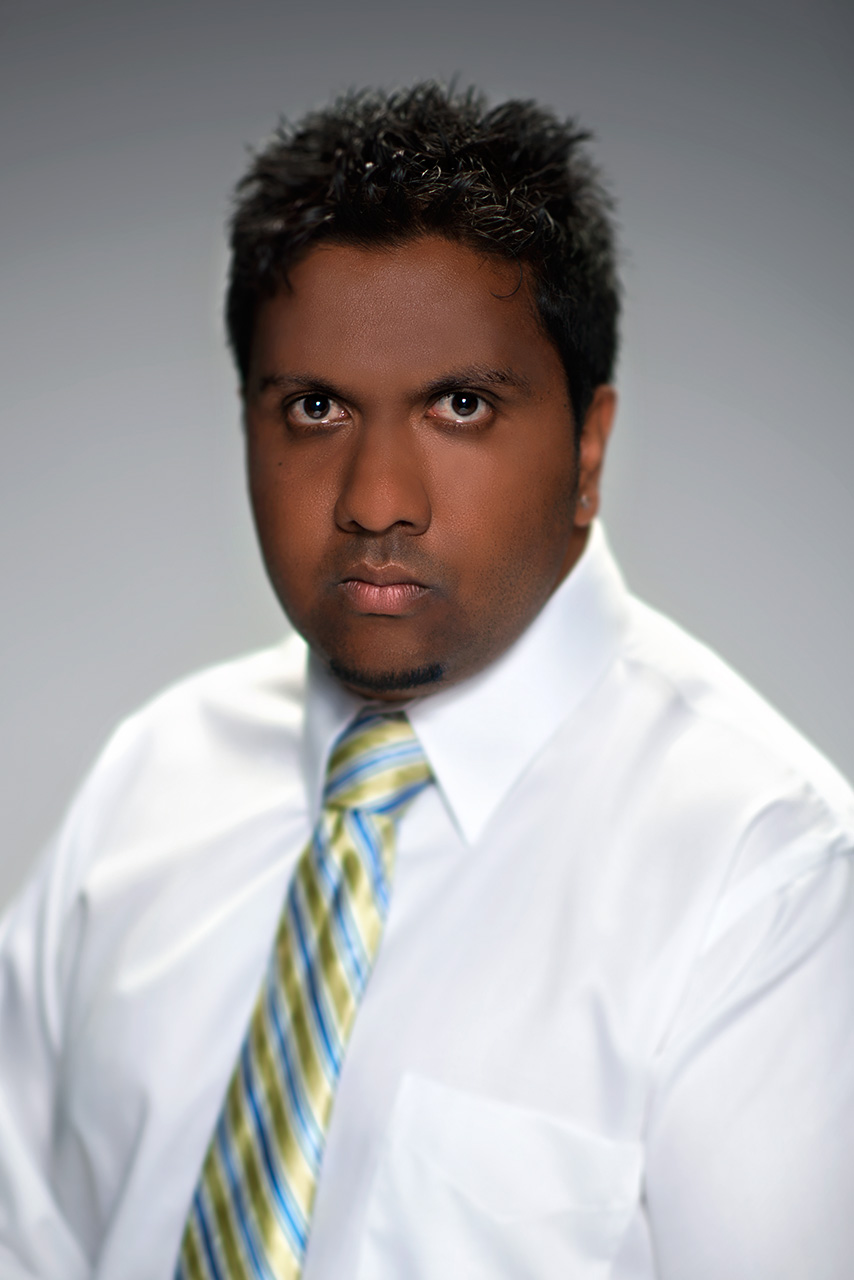
When a passenger aboard a United Airlines' flight in April bragged that he was able to control the aircraft by hacking into the in-flight entertainment system, Dan Glass ('00, '03 M.S.), chief information security officer for American Airlines, was called in to brief the airline's board of directors about the claim and its impact on the airline industry.
Glass is responsible for identifying potential security breaches at the airline, from cyberattacks on flight controls and passenger information to the equipment used by ground crews. The April incident, investigated by the FBI, made his job more important than ever. Based at American's corporate headquarters at DFW International Airport, he works to keep customer and company information secure by protecting the airline's massive networks, data and computer systems from attack.
"As the world's largest airline serving more than 530,000 passengers on 6,700 flights a day," he says, "we are targeted by many external threats, great and small."
In today's wired world, people rely on computers and the Internet for almost everything they do, whether it's airplane navigation, security and ticket sales to travel, email and cellphones to communicate, online stores and credit cards to shop, or equipment and medical records to stay healthy. It is imperative to protect sensitive personal and business information -- not just by detecting and responding to cyberattacks, but by preventing them.
Glass and other alumni are using their tech savvy and best business practices to help protect global computer networks and data for some of the largest companies. They are part of a growing field in high demand -- cybersecurity professionals who have specialized industry knowledge and technology backgrounds capable of fighting today's most sophisticated cybercriminals.
And UNT is at the forefront of preparing such careers, starting with the Center for Information and Computer Security, directed by Ram Dantu, professor of computer science and engineering.
The National Security Agency and U.S. Department of Homeland Security designated the center a National Center for Academic Excellence in Cyber Defense Research, making UNT one of about 60 such research centers in the U.S. And UNT's New College at Frisco, an off-site instructional facility, opening in January, will place an emphasis on preparing students and helping professionals further their careers in cybersecurity and forensics fields, among other concentrations.
"With our emphasis on cross-disciplinary initiatives," Dantu says, "graduates of our programs are well-prepared for careers with today's top employers."



